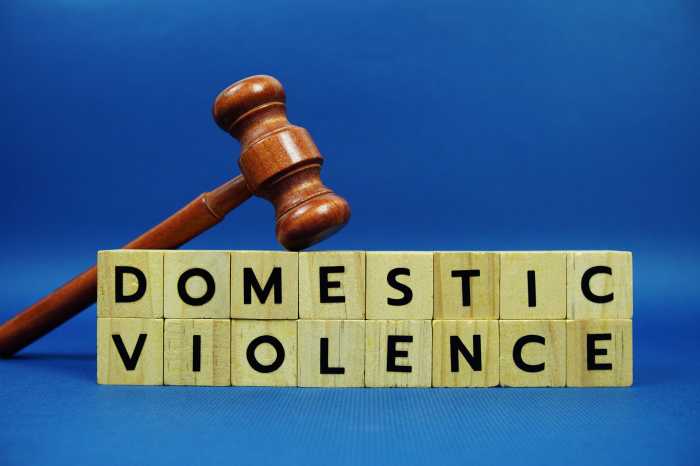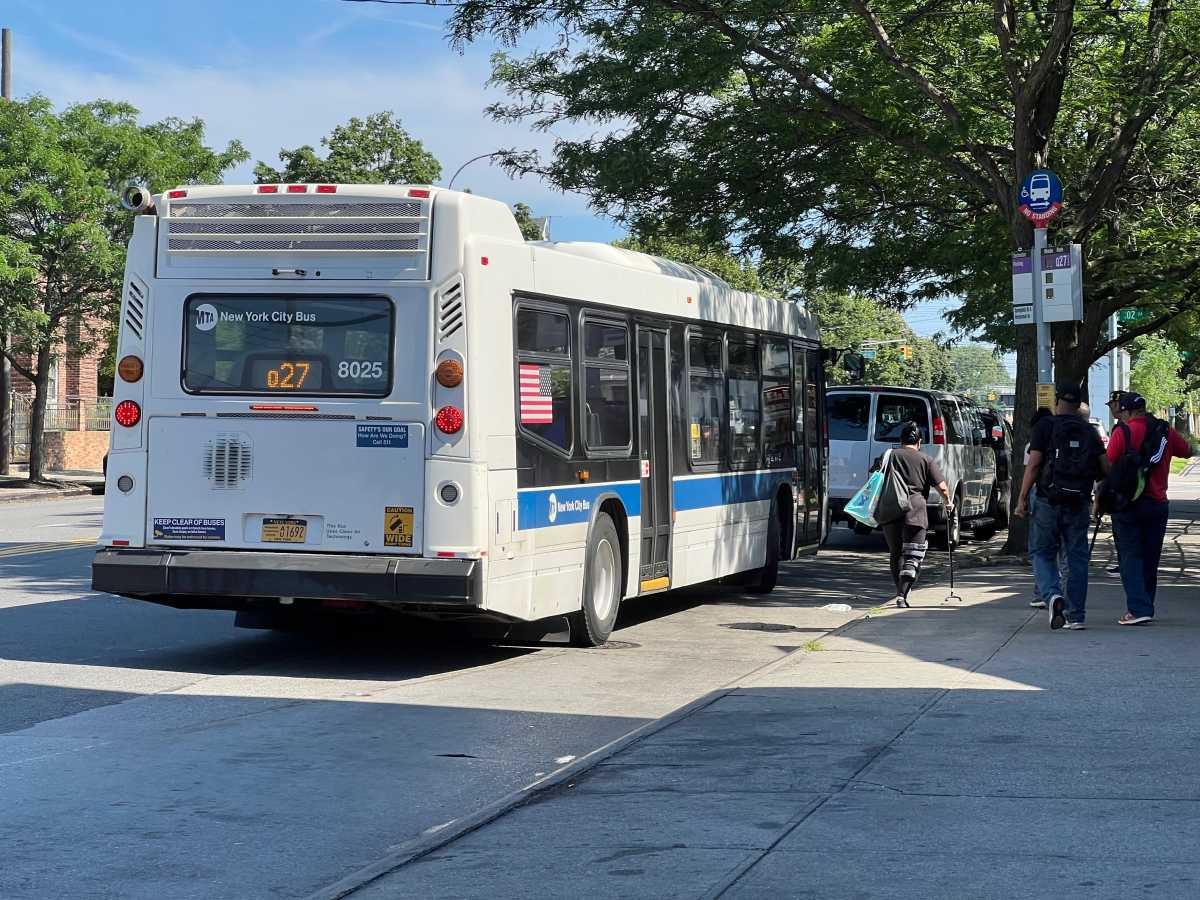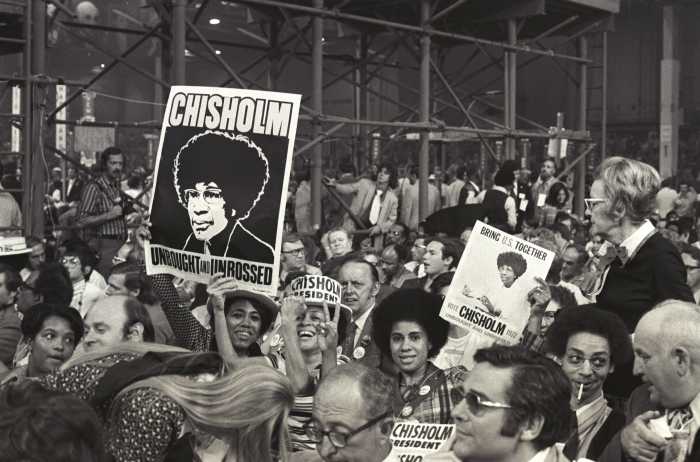Pope Francis will elevate two popes, John XXIII and John Paul II, to sainthood today — each a historic figure and visionary bearing responsibility for a divided church.
Francis’ dual-canonization is a gesture of unity for a church battered by scandals. The moment offers a deeper look at the largest faith in the world, one thought for centuries to be changeless, yet a church that has changed profoundly since John XX III called the Second Vatican Council that ran from 1962-65.
Conservatives decry Vatican II for opening the floodgates to too much change. The church once described as “Here comes everybody” by noted Irish agnostic James Joyce in “Finnegan’s Wake” is still a big tent, yet one divided into blue and red followers, like election maps on TV.
What does the church mean? Whose church is it?
Traditionalists yearn for order, a rules-based stance in culture wars over the politics of the human body. Liberals want more flexibility toward women and gays, and justice for the poor and clergy abuse victims. But when everyone stands in line to take the Body of Christ at Communion, the colors meld into the mauve of a gentle twilight.
John XXIII called on the church to “open the windows” to a modern world. He died before Vatican II completed its final session. John Paul II was a catalyst and hero in the fall of the Soviet Empire. But the pope who championed human rights in dictatorships undercut Vatican II reforms, blunting free speech in the church. The clergy abuse scandal engulfed his final years.
Sainthood suggests Olympian purity and mythic goodness.
“My God, what terror I feel!” wrote Angelo Roncalli as a 19-year-old seminarian in Italy in 1900. “What a mounting heap of sins! How shameful for me.”
John XXIII’s notebooks from six decades were published as “Journal of a Soul” after his death. In all his spiritual searching, he says nothing about how, as papal nuncio to Istanbul in World War II, he gave false documents to Jewish refugees seeking transit to Palestine, helping save thousands of lives.
“He was too canny and diplomatic to put his political thoughts in writing,” says Thomas Cahill, a John XXIII biographer.
When someone asked John XXIII how many people worked in the Roman Curia, or bureaucracy, he quipped, “About half of them.” Yet he was not trailed by controversy, and few today question his elevation to sainthood.
The young Karol Wojtyla studied in a clandestine Polish seminary amid the Nazi onslaught. As John Paul II, he visited a synagogue in Rome. He called for “purification of the historical memory” in a stirring line of apologies for church sins against Jews, Gypsies, Indians — even Galileo.
Bishops who denounced Catholic politicians for supporting abortion rights have been stained by their negligence in recycling pedophiles. To plug diocesan deficits, some bishops have sold church buildings over parish protests. These misdeeds have had consequences, emptying many pews.
Vatican II changed the language of the Mass from Latin to the vernacular of given countries, advocated greater pluralism, inspired nuns and priests to activism and called lay folk “People of God.”
Pope Francis has revived the focus on pluralism, sending questionnaires to parishes to seek members’ input on how to minister to new expressions of family life, such as gays with children. Yet he’s been careful not to transgress John Paul’s 1994 controversial letter forbidding women priests, despite scripture scholarship on the role of deaconesses in the early church.
When Pope Benedict XVI put John Paul on a fast track for sainthood, abuse survivors cried foul over his unwavering support of the long-accused pedophile, the Rev. Marcial Maciel Degollado, the founder of the international order the Legionaries of Christ.
Ex-Legionaries filed 1998 allegations seeking Maciel’s excommunication in Cardinal Joseph Ratzinger’s tribunal, yet John Paul kept praising Maciel. Five months before the pope died, Ratzinger ordered an investigation, and as Pope Benedict he dismissed Maciel from active ministry in 2006.
At the Vatican on Tuesday, Msgr. Slawomir Oder, who worked on John Paul’s sainthood, told reporters: “Without getting into details, I can say that the investigation was carried out with the real desire to clear things up and confront all the problems as they came up. . . . An investigation was carried out, documents were studied, which are available, and the response was very clear. There is no sign of a personal involvement of the Holy Father in his matter.” Meaning, there was no cover-up.
But until the Vatican releases documents to explain why John Paul sheltered a notorious moral criminal, as the prosecution against Maciel stalled under his watch, questions will track his sainthood, a kind of credibility asterisk. Why not release the documents? Saints are people, people sin. “The pope goes to confession like the rest of us,” wrote Flannery O’Connor. “The church is mighty realistic about human nature.”
Withholding information is what grubby politicians do. Whatever his flaws, John Paul, a saint come Sunday, deserves better than a continuing cover-up.
So do people of God.
Jason Berry, author of “Render Unto Rome: The Secret Life of Money in the Catholic Church,” is a religion writer for GlobalPost, where this first appeared.






































